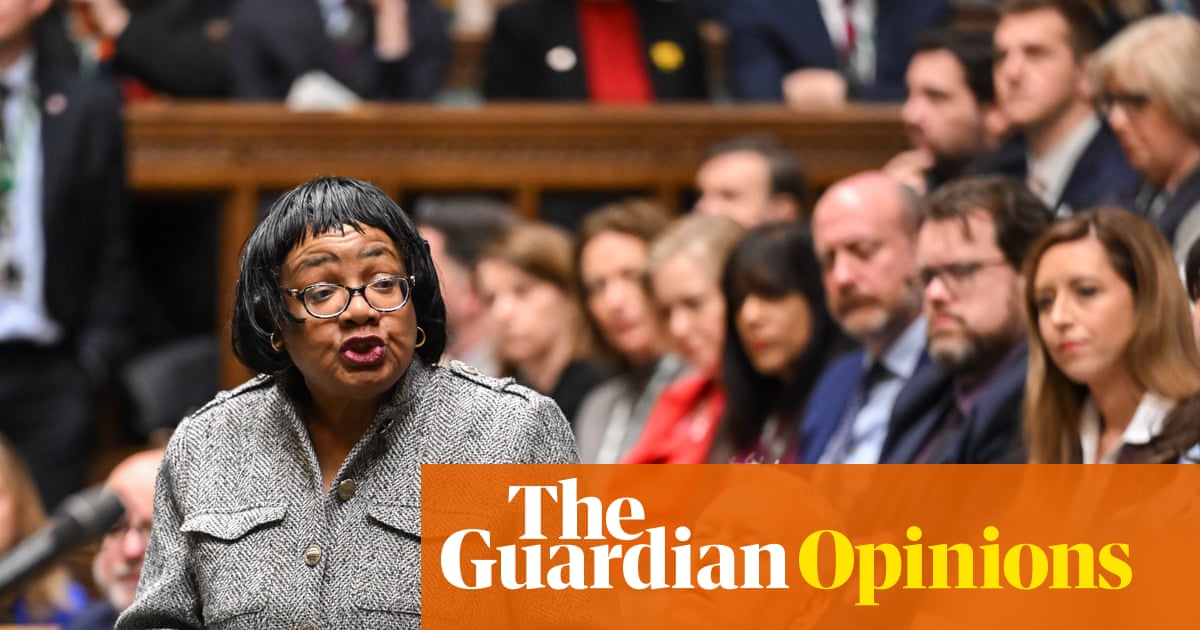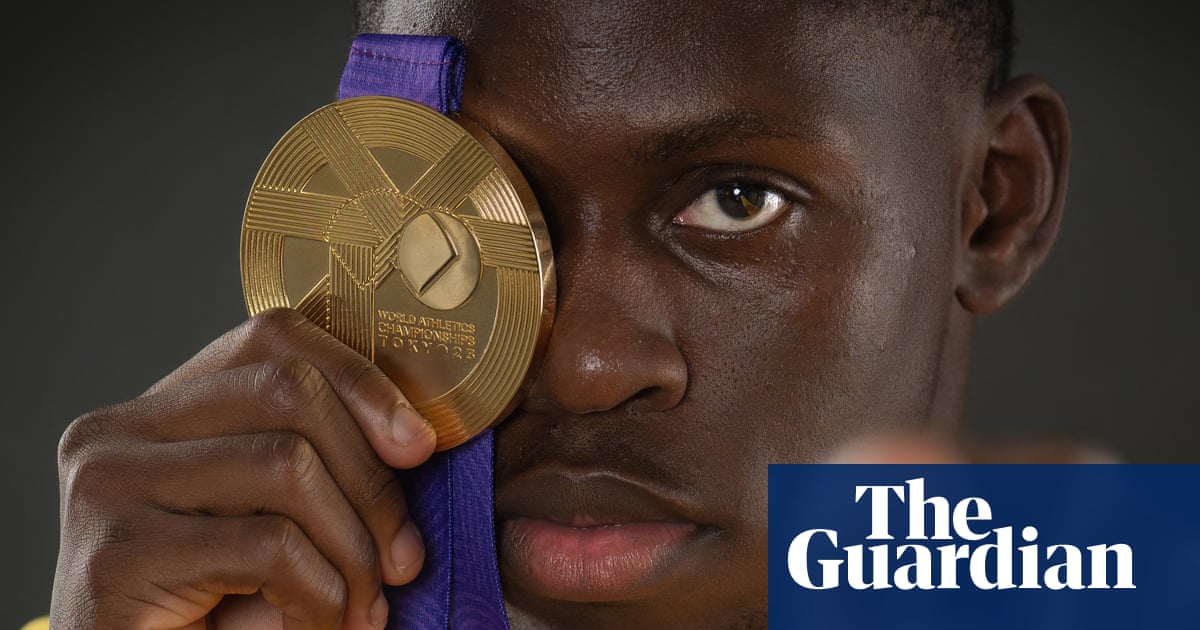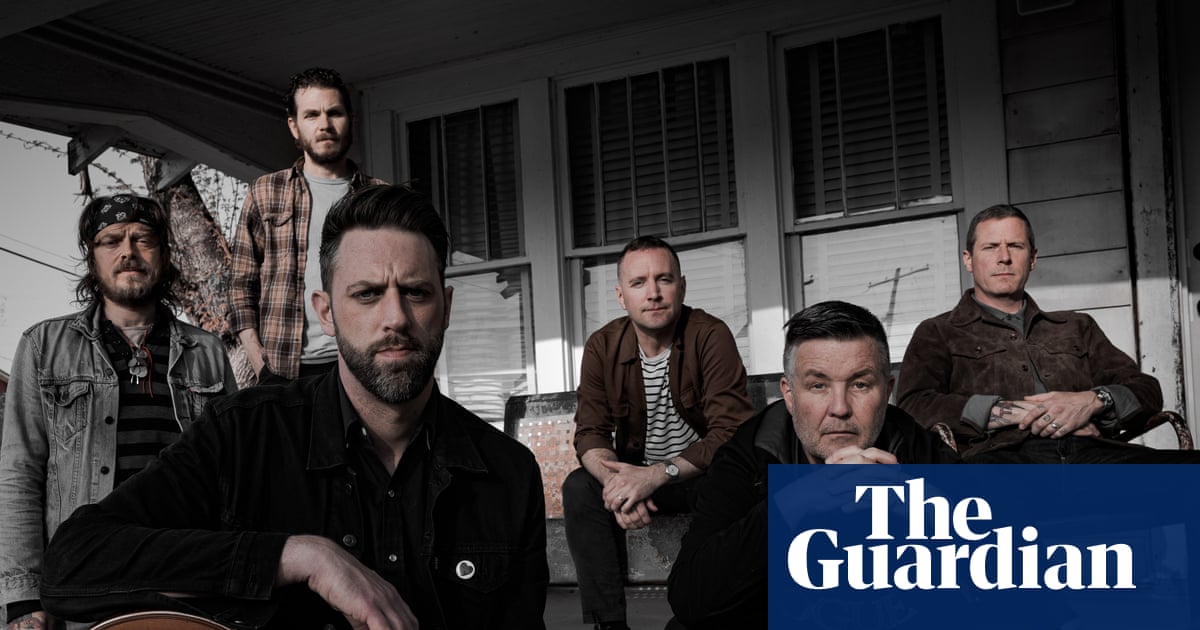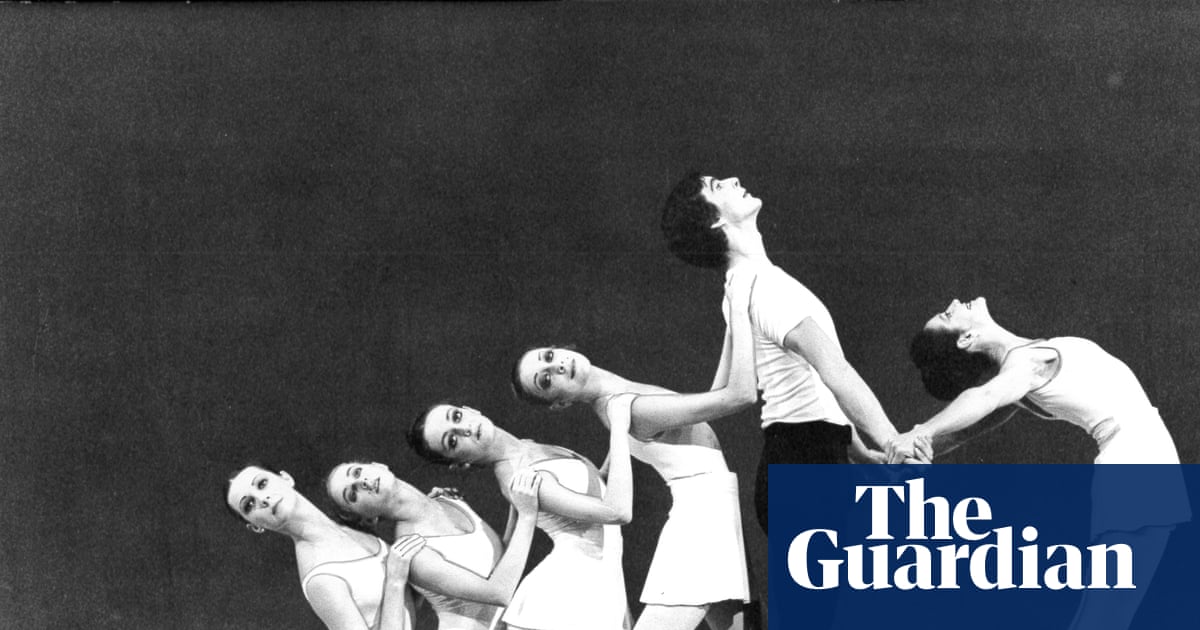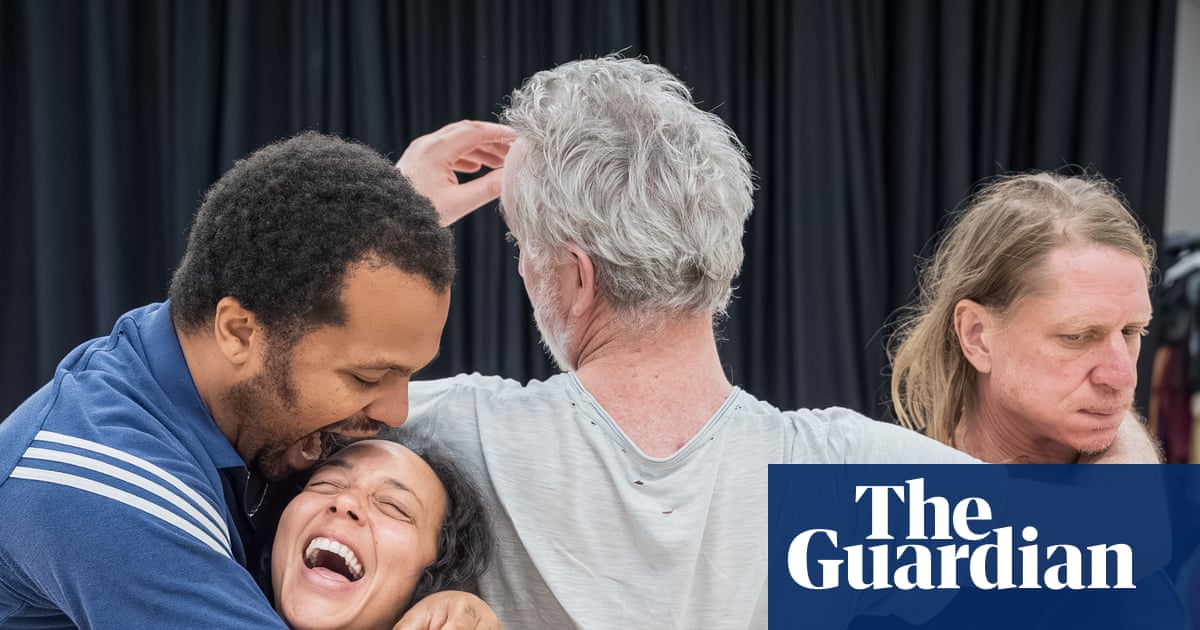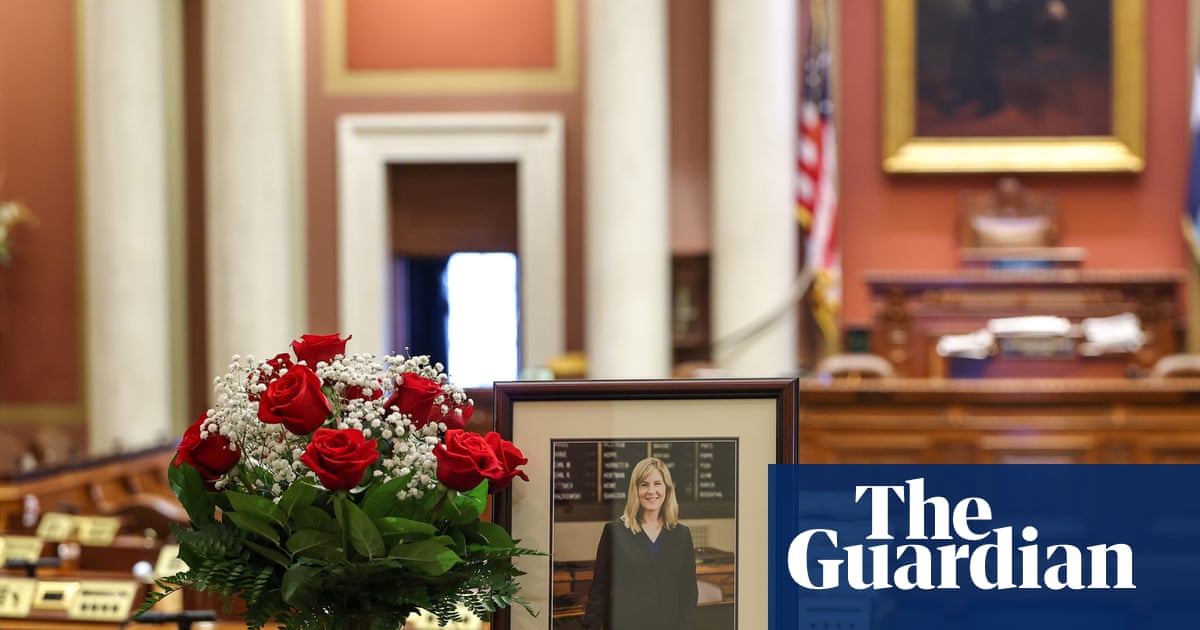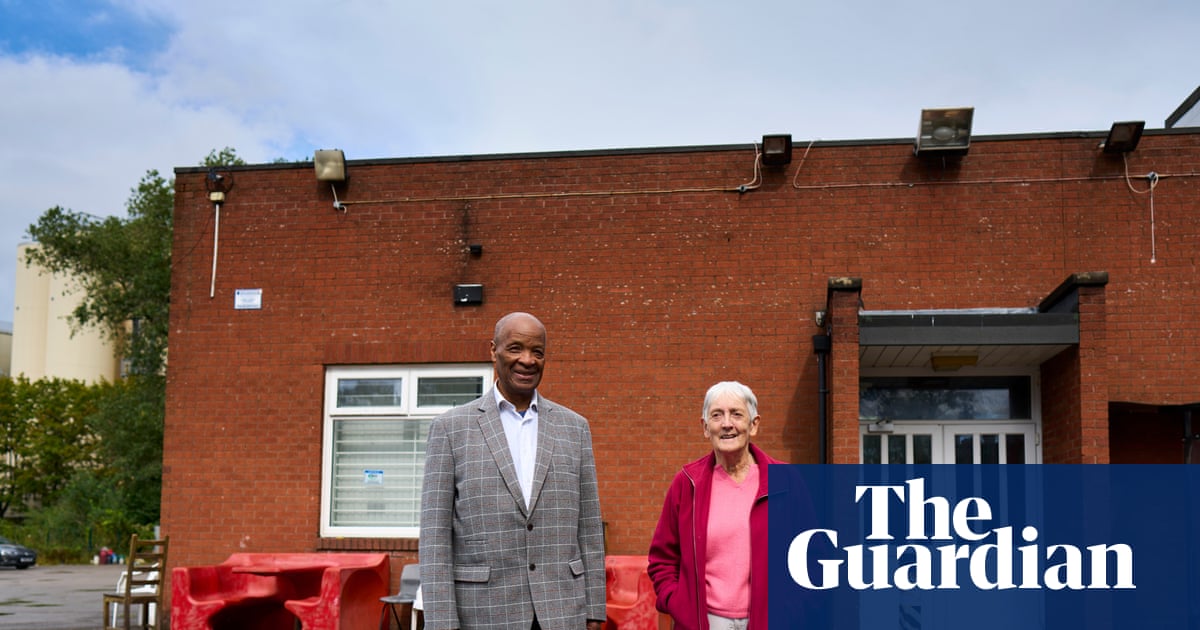Taylor Swift has bought back the master recordings to her first six albums, giving her control over her entire catalogue for the first time. “I almost stopped thinking it could ever happen, after 20 years of having the carrot dangled and then yanked away,” she wrote in a letter to fans. “But that’s all in the past now. All of the music I’ve ever made … now belongs … to me.”
She originally lost the rights in 2019 when her first record label, Big Machine, sold them to music executive Scooter Braun. Swift described the sale to Braun as her “worst case scenario”, and said she had not been given the opportunity to buy her work outright, but to “earn” one album back for each new album she recorded for the label. Her subsequent albums, from 2019’s Lover onwards, were released on Republic, with Swift retaining the rights to the master recordings.
Braun at one time managed Kanye West, who repeatedly targeted Swift after he infamously invaded her acceptance speech at the 2009 VMA awards. In November 2020, Braun sold the master recordings to the private equity firm Shamrock Capital in November for a reported $300m.
In a letter to fans posted today, Swift said that she bought her masters – as well as her videos, concert films, album art and photography and unreleased songs – back from Shamrock. The Guardian understands that previous rumours that it cost Swift between $600m and $1bn are inaccurately high.
As was customary for record deals at the time, Swift’s arrangement with Big Machine meant that they owned her master recordings, hence she did not own them at the point of sale. In her letter, she wrote: “All I’ve ever wanted was the opportunity to work hard enough to be able to one day purchase my music outright with no strings attached, no partnership, with full autonomy.
“I will be forever grateful to everyone at Shamrock Capital for being the first people to ever offer this to me. The way they’ve handled every interaction we’ve had has been honest, fair and respectful. This was a business deal to them, but I really felt like they saw it for what it was to me: my memories and my sweat and my handwriting and my decades of dreams. I am endlessly thankful. My first tattoo might just be a huge shamrock in the middle of my forehead.”
Swift credited the support of her fans with enabling her to buy back her music. “I can’t thank you enough for helping to reunite me with this art that I have dedicated my life to, but have never owned until now.”
In order to regain control over her catalogue after the original sale to Braun – and to devalue his investment – Swift embarked on a project to rerecord all six albums, branding each one “(Taylor’s Version)” and adding “From the Vault” tracks from the original songwriting sessions that hadn’t made it on to the original albums.
Between 2021 and 2023, Swift rerecorded her albums Fearless (originally released in 2008), Red (2012), Speak Now (2010) and 1989 (2014).
As the principal songwriter, she has the right to rerecord the material and to block any use of the original recordings. Several rerecorded songs made their debuts in film and TV syncs: last week, the new version of Look What You Made Me Do – from the as-yet unreleased rerecording of 2017’s Reputation – appeared in the new series of The Handmaid’s Tale.
Reputation and Swift’s self-titled debut album, from 2006, are the only albums not to be rerecorded. Fans have been speculating as to their possible release dates for years, leaping on the colours of her outfits and what they perceive to be clues in her limited social media posts to deduce when they would appear.
Now that Swift has reacquired her master recordings, there is less reason to proceed with the rerecordings.
“I know, I know. What about Rep TV?” she wrote, calling the record by its fan nickname. “Full transparency: I haven’t even rerecorded a quarter of it. The Reputation album was so specific to that time in my life, and I kept hitting a stopping point when I tried to remake it.”
Reputation – which Swift recently called a “goth-punk moment of female rage at being gaslit by an entire social structure” – was born of a time when her public image had tanked in the wake of a feud with Kanye West and accusations of overexposure.
“All that defiance, that longing to be understood while feeling purposely misunderstood, that desperate hope, that shame-born snarl and mischief. To be perfectly honest, it’s the one album in those first six that I thought couldn’t be improved upon by redoing it. Not the music, or photos, or videos. So I kept putting it off.”
after newsletter promotion
Swift told fans that they might yet hear the unreleased Reputation From the Vault tracks, “if you’re into the idea”. She confirmed that she had rerecorded her debut. “I really love how it sounds now. Those two albums can still have their moments to re-emerge when the time is right, if that would be something you guys would be excited about. But if it happens, it won’t be from a place of sadness and longing for what I wish I could have. It will just be a celebration now.”
One suspects she will release the records, or what exists of them: the essential redundancy of the project is unlikely to thwart its potentially vast commercial impact. The four previously released rerecordings broke commercial and chart records for Swift: in the UK alone, 1989 (Taylor’s Version) clocked higher first-week combined streams and sales – 184,000 – than the original total of 90,000 a decade earlier.
The rerecordings were interspersed with a run of new, original recordings. Swift has released four albums since 2020: her lockdown sister records Folklore and Evermore (2020), as well as Midnights (2022) and The Tortured Poets Department (2024).
Swift’s monumentally successful catalogue was showcased on her Eras tour, which travelled the world between 2023 and 2024, became the first ever billion dollar-grossing tour, and eventually grossed more than $2bn in total. The show was divided into album-specific segments, and updated when it hit Europe in 2024 to include a new Tortured Poets section.
Swift concluded her letter by referencing the industry-wide conversations about artist rights that her saga had kickstarted. These days, it is far more common, particularly for young female artists, to own their masters than it was for the teenage Swift in 2006.
“Every time a new artist tells me they negotiated to own their master recordings in their record contract because of this fight, I’m reminded of how important it was for all of this to happen. Thank you for being curious about something that used to be thought of as too industry-centric for broad discussion. You’ll never know how much it means to me that you cared. Every single bit of it counted and ended us up here.”

.png) 3 months ago
80
3 months ago
80







